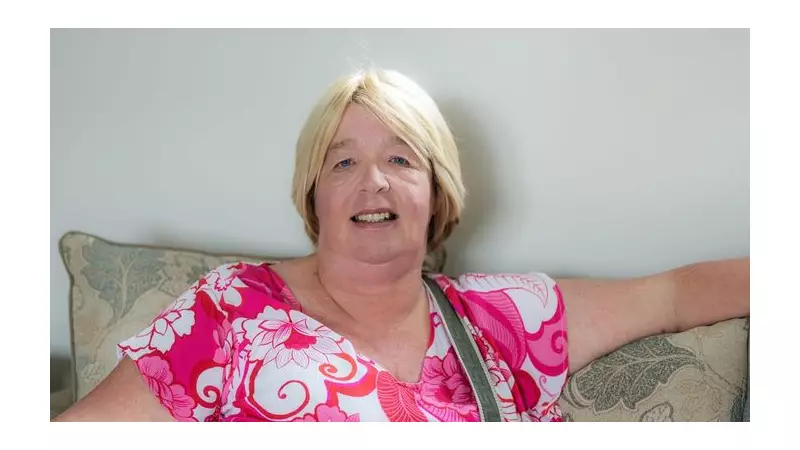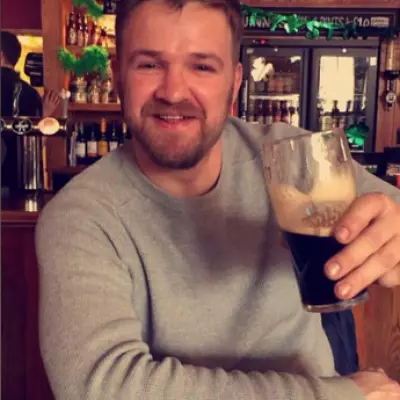
In a heartfelt appeal from South Yorkshire, a Sheffield woman is championing the cause for greater recognition of pulmonary hypertension, a rare but devastating condition that remains largely unknown to the public and medical professionals alike.
Living with this invisible illness, which causes dangerously high blood pressure in the lungs' arteries, the local campaigner describes the daily challenges faced by patients. "Many people, including some healthcare workers, don't understand what pulmonary hypertension involves," she explains. "It's not just being out of breath - it's a progressive, life-limiting condition that demands more attention."
The Hidden Struggle
Pulmonary hypertension forces the heart to work relentlessly to pump blood through constricted lung arteries, leading to heart failure if untreated. Patients often appear healthy while battling debilitating symptoms including severe breathlessness, fatigue, and chest pain.
"The invisibility of this condition makes it particularly challenging," the Sheffield resident notes. "You don't look ill, so people struggle to understand why you can't manage simple daily activities."
Breaking Down Barriers
The campaign focuses on several critical areas:
- Faster diagnosis: Reducing the current average delay in diagnosis
- Medical education: Improving recognition among healthcare professionals
- Public awareness: Helping the public understand the condition's severity
- Research funding: Directing more resources toward treatment development
With only approximately 7,000 diagnosed cases across the UK, pulmonary hypertension qualifies as a rare disease, yet its impact on patients' lives is profound and far-reaching.
A Message of Hope and Urgency
While treatments have improved in recent years, there remains no cure for this progressive condition. The Sheffield campaigner emphasises that increased understanding could significantly improve patients' quality of life and potentially save lives through earlier detection.
"We need to give this condition the attention it deserves," she asserts. "Every patient deserves to be understood, properly diagnosed, and have access to the best possible care. That starts with awareness."
Her campaign represents a growing voice in the rare disease community, calling for pulmonary hypertension to emerge from the shadows and receive the recognition and research funding commensurate with its severity.





